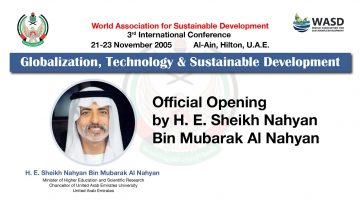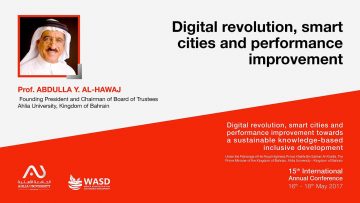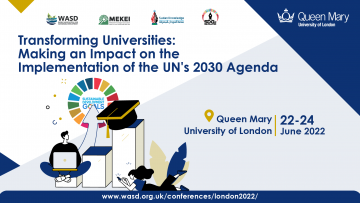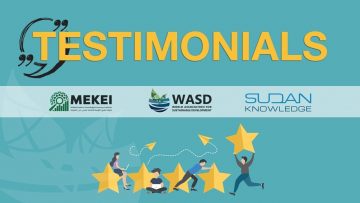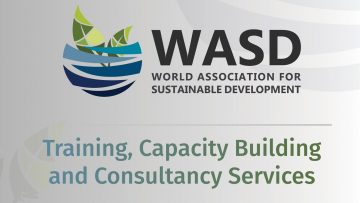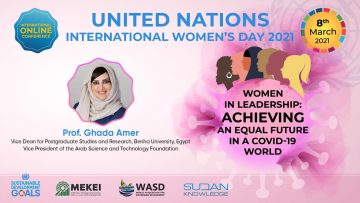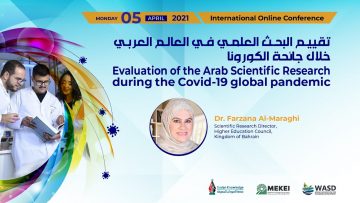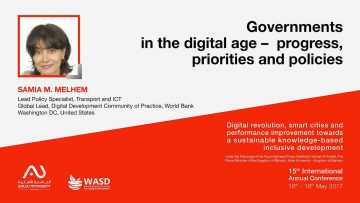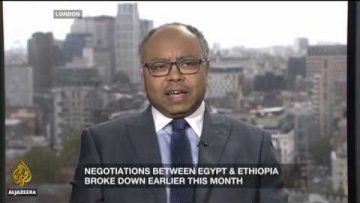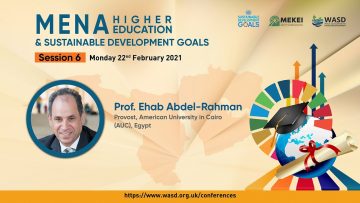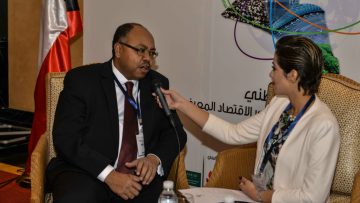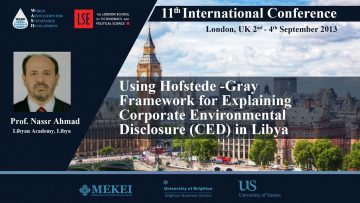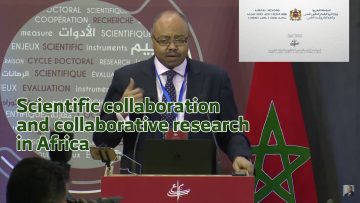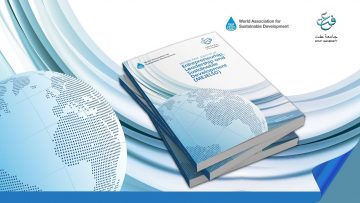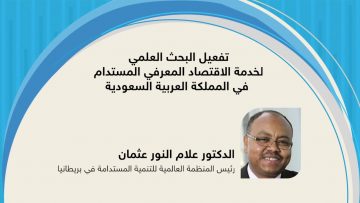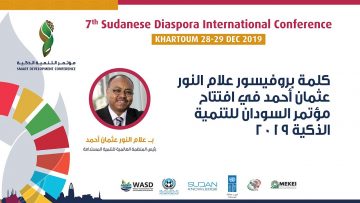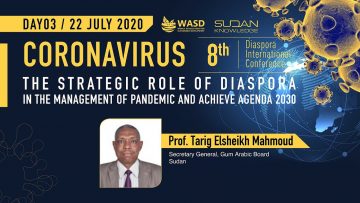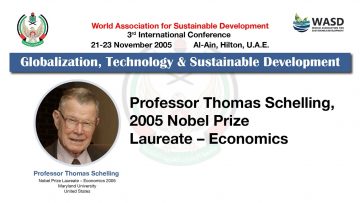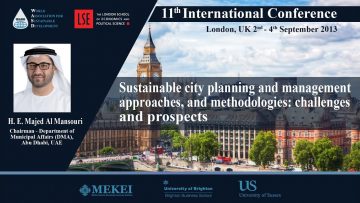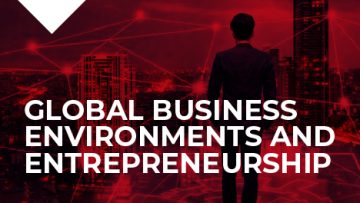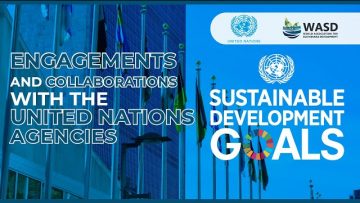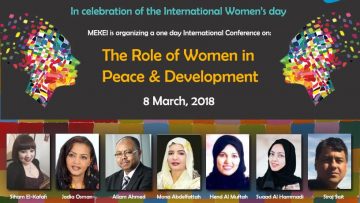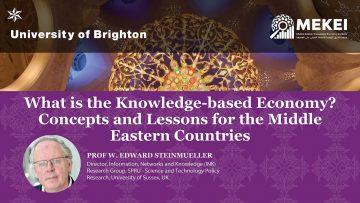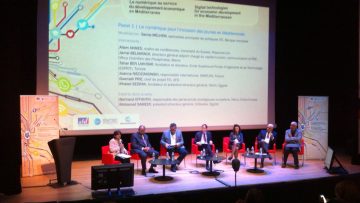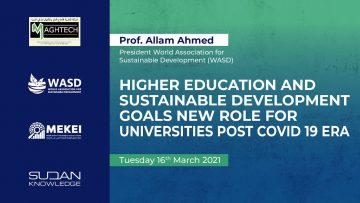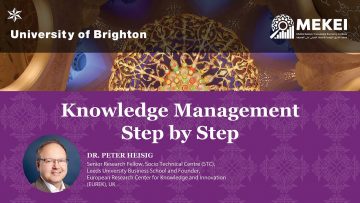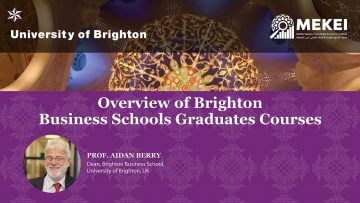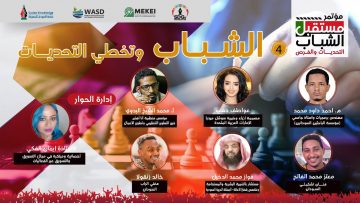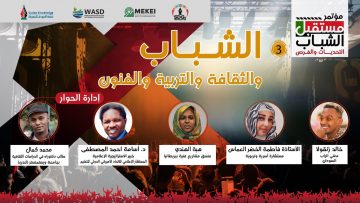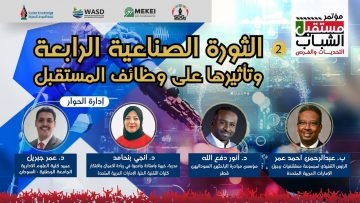Role of knowledge management in strategic management and organizational transformation
The role of knowledge management in strategic management and organizational transformation
Three Days Intensive Workshop
Tuesday 7th – Thursday 9th August 2018 (9:00-14:00)
Khartoum – Sudan
Hosts
Africa City of Technology (ACT)
World Association for Sustainable Development (WASD)
Sudan Knowledge (SK), UK
Middle Eastern Knowledge Economy Institute (MEKEI), UK
P3 Transform Ltd, UK
Salih Hamad Training & Capacity Building Centre, Sudan
This three-day course has been designed to introduce a variety of perspectives on strategic leadership, organization transformation and knowledge management (KM) in the public and private sectors. The course aims to enable leaders and decision makers to introduce fit-for-purpose leadership styles and KM approaches to their organizations effective transformation. The workshop will be facilitated by two of the world renowned experts in knowledge and technology management, Allam Ahmed and Mohamed Elhag (Founders of SMART KM MODEL: An Integrated Knowledge Management Framework for Organizational Excellence) based in the United Kingdom. Allam and Mohamed led the implementation of the first of its kind in the Middle East and North Africa (MENA) Knowledge Management Framework (KMF) Musharaka which focuses on empowering employees, enabling them to improve the quality and efficiency of services provided to residents.
You can learn more details about MEKEI and both Allam and Mohamed experience and previous achievements and projects including the Musharaka project from these sample videos. During the workshop, participants will learn about the ‘Smart KM Model’ which offers insight into KM processes, the challenges in introducing effective KM regime, and offers the ‘Smart KM Model’ as a tool to overcome challenges. SMART KM model aimed at managers of corporations and government policy makers providing an effective tool to help ensure KM becomes part of organizational culture. Drawing on MEKEI’s own research and synthesizing the work of others in the KM area, the model will help to facilitate the process of managing knowledge within organizations including the creation, acquisition, transfer and use of knowledge, both within and between organizations. At the end of the course attendees should be able to acquire a comprehensive knowledge and practical experience about KM and leadership styles and approaches in alignment with the local needs and capabilities. Moreover, after competition of the course, attendees to write a report, supported by the tutor, of what they have learnt and what is particularly relevant to their employers. A focus to be one aspect of the course which has implications for the way they will improve their professional practice when they return to their employers. This will help reassure the employers of the benefits of the programme and help consolidate the understanding of the manager.- This integrative course aims to develop a deeper understanding of the theoretical and practical aspects to leadership, and to develop the essential skills and competencies necessary to plan, monitor and control different tasks and events.
- Identify key enablers and organization ecosystem that’s support effective knowledge management.
- Develop an understanding of the different approaches to leadership and management.
- This course will also complement the different management skills already developed through earlier business and management courses.
- Addresses the practical challenges that managers face as they seek to build, upgrade and exploit knowledge assets within their organizations
- Explore the different perspectives on KM
- Debate the importance and value of managing knowledge within your organization
- Align KM thinking with broader, more traditional strategic approaches
- Using participants’ own organizations as cases, participants will explore how and when they can establish KM initiatives in their organizations and who will be involved?
- Identify and examine the objectives, advantages, drawbacks, models, stages and requirements of KM framework
- Understand how the new KM system will allow you to capture and store knowledge through various mechanisms
- In addition, participants will have insight into: critical analysis; interactive and team working; creativity; and problem solving.
What will you learn?
- Subjects covered within the workshop will include: Introduction to leadership; difference between leadership and management; leadership skills and tactics; effective leadership; lessons learned from great leaders; communication skills; speaking in public places; and how to become an aspiring leader.
- KM topics will include: an introduction to KM; initiating KM projects in your organization; KM technologies and systems.
- Understand what is KM Framework: the behaviours, standards and solutions that allow you to share and use information to support your sector, division and personal goals.
- Provide examples of relevant knowledge items and the documents you will need to populate the new KM system and to share across your organization.
- Understand the role and responsibilities of the KM Office as part of a hub and spoke model to ensure consistency in standards and approach as well as the role of Knowledge Champions in the establishment of the KM culture within your organization.
- At the end of the course attendees should be able to acquire a comprehensive knowledge and practical experience about KM and leadership styles and approaches in alignment with the local needs and capabilities.
- After competition of the course, attendees to write a report, supported by the tutor, of what they have learnt and what is particularly relevant to their employers. A focus to be one aspect of the course which has implications for the way they will improve their professional practice when they return to their employers. This will help reassure the employers of the benefits of the programme and help consolidate the understanding of the manager.
Who should attend?
- The workshop covers materials for all levels from supervisory through to senior level.
- Managers and directors responsible for transformation, project, programme, knowledge, innovation or change management.
- Experienced managers who have significant futures oriented management responsibilities, and who are interested in reflecting on their own experience and discovering new ideas.
- Sector managers responsible for leading change and transformation efforts.
- Academics including researchers and students who are interested in KM and in being part of an engaging educational experience that explore the challenges and opportunities that face organizations.
Registration
Please contact the coordinator on +249 112070825 to pre-book your place at the workshop. Included in the course fee, the following learning materials will be provided:
- Admission to all sessions.
- All overhead slides/transparencies.
- Case studies (print and video) used on the course.
- Certificate of attendance.
- Copy of the workshop main text books, SMART KM MODEL (ISBN: 978-1-907106-60-6) and From Oil to Knowledge (ISBN: 9781783533572).
The workshop is hosted by Africa City of Technology at the following address: Bahry, Khartoum, Sudan, tel. +249 183 799 219.





